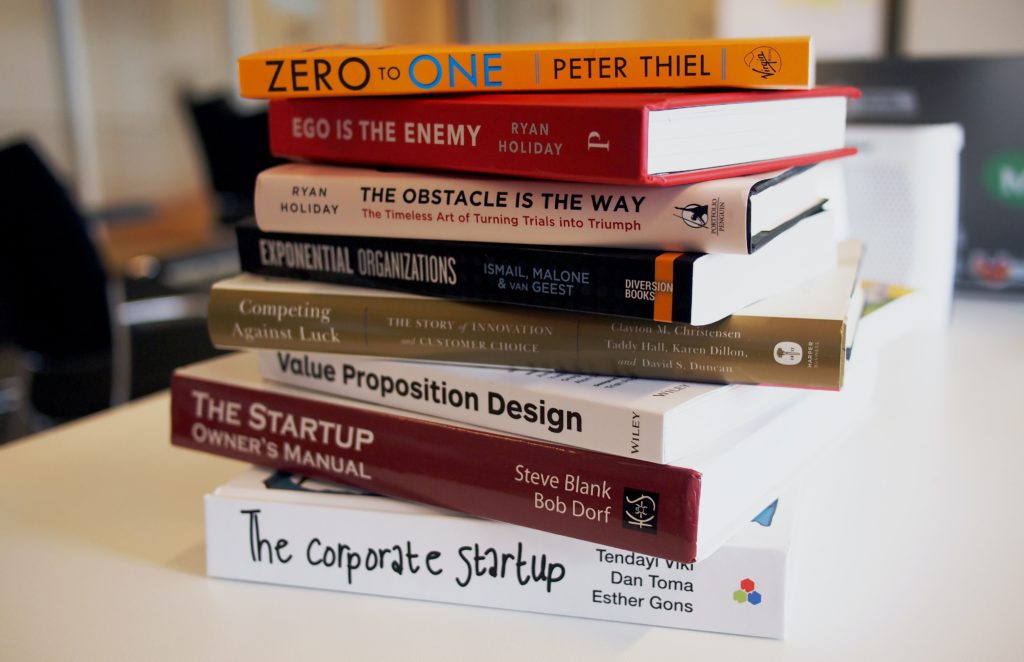May 6th, 2021 – The Canadian Start-up Visa Program was created to grant permanent residency to innovative foreign entrepreneurs and their qualified family members.
The purpose of the program is to attract individuals with skills and the capacity to start an innovative business in Canada. Their start-up business must have the potential to create Canadian jobs and to compete on a global scale.
To qualify, the permanent resident applicant must obtain a letter of support from a designated organization (Business Incubator, Angel Investor Groups or Venture Capital Funds). With this coveted document, the applicant can also apply for a work permit and land in Canada as quick as five (5) weeks after the application submission (Hong Kong figures, May 2021)
Each of these organizations will review the business idea based on the client’s profile, the technology readiness level and business development stage, the industry, the competition, etc. The designated organizations will often require applicants to submit a pitch deck and a business plan to assess their businesses.

Here are some questions one should ask to strengthen the business idea before considering submitting a start-up visa application.
1. IDEA VALIDATION
It is crucial to conduct research to assess the commercial potential of the business idea. Market interviews, discussions with friends, outreach to professional or business organizations are some of the ways helping with the validation of the business idea.
- How can the business idea differentiate itself from the competition?
- Is it a growing industry?
- Who will be the early adopters of this innovation?
- How easy or complex it is to adopt this product?
2. COMPETITIVE LANDSCAPE REVIEW
Gather information about the industry to understand its dynamics.
- Who are the key players?
- How strong is the demand for this type of product?
- Is the proposed pricing reasonable?
- What are the challenges or problems facing the industry?
3. REQUIRED RESOURCE ASSESSMENT
Before submitting the business idea to a designated organization, the founder should question whether he has enough resources (human skills, financial capacity) to initiate the company on his own or whether he considers building a team to leverage the skills of others?
- What key skills are required for the development of the start-up?
- What tools and technologies will be essential for the development of the start-up?
- Do the initial founders have enough financial capacity to hire employees?
4. BUSINESS PLAN DRAFTING
A business plan is a road map of the start-up, detailing the nature of the business, its targeted market and unique value proposition. Sections are also focusing on the management team, the strengths, weaknesses, opportunities, and threats of the enterprise (“SWOT”) and the financial projections for the first years of operations.
- Who will be iterating the product?
- How much money is needed to come up with a prototype and launch the business?
- How will be the money be spent and when?
- When will it become profitable?
- Is there any legislation or regulations to consider?
- What are the key business relationships and partnerships to build?
5. CUSTOMER VALIDATION
Knowing who the customers are and how to reach them is crucial to the success of the business. One must identify the problems experienced by the customers and the most efficient marketing strategies to offer a solution.
- Who are the initial customers to gain traction and eventually the ideal customer profiles?
- What problem is the idea pertaining to solve for the customers?
- What is the geographical area of the targeted market?
- What is the most resource efficient go-to-market strategy?

